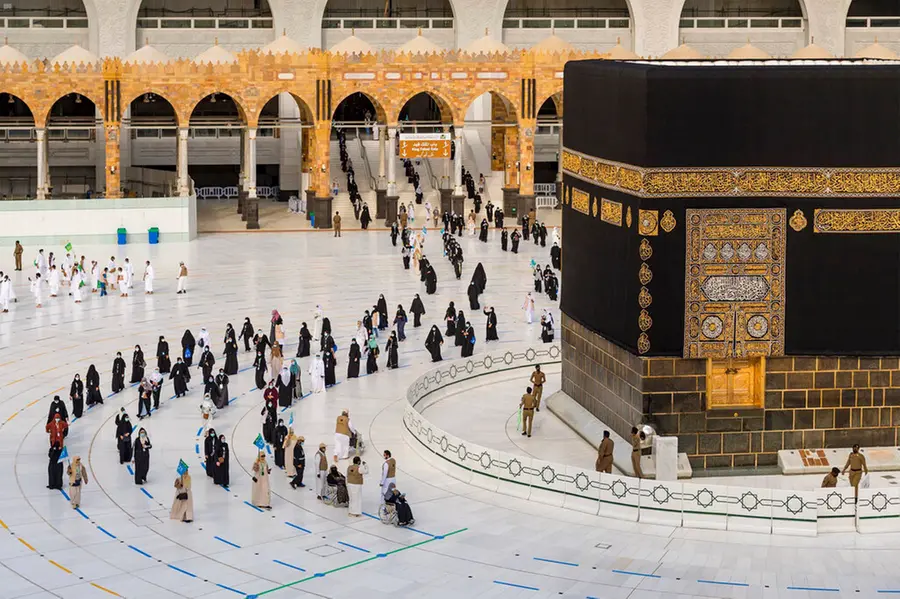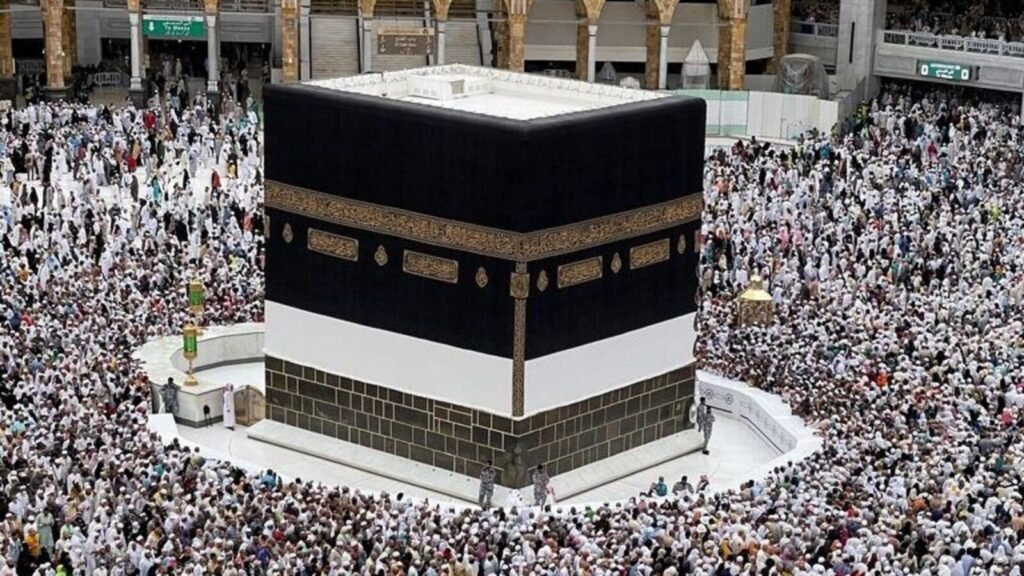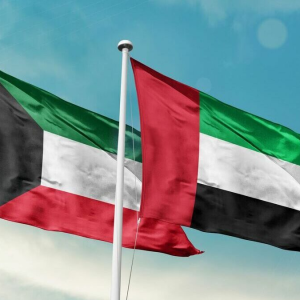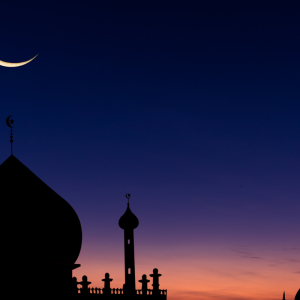Hajj violations have become a focal point for Saudi authorities as they work to ensure a safe and organized pilgrimage. In just two days, Saudi Arabia penalized 32 individuals for breaking rules during the Hajj season. This crackdown reflects the kingdom’s commitment to maintaining order during one of the world’s largest religious gatherings. With millions of pilgrims visiting Mecca annually, strict regulations are in place to protect everyone involved. This article explores the recent violations, the penalties imposed, and why Saudi Arabia is taking such a firm stance.
Why Hajj Violations Matter
The Hajj is a sacred Islamic pilgrimage that draws millions of Muslims to Mecca each year. It’s a deeply spiritual event, but it also requires careful coordination to ensure safety and fairness. Hajj violations, such as entering restricted areas without permits or overstaying visas, can disrupt the event’s flow and put pilgrims at risk. Saudi authorities have long emphasized the importance of following rules to maintain order and protect the sanctity of the pilgrimage.
Violations can range from minor infractions, like failing to carry proper documentation, to more serious offenses, such as attempting to perform Hajj without a valid permit. These rules are not arbitrary—they exist to manage the massive crowds and ensure everyone has a safe experience. The recent crackdown, which saw 32 violators penalized in just two days, underscores how seriously Saudi Arabia takes these regulations.

Details of the Crackdown
In a swift operation, Saudi authorities identified and penalized 32 individuals for Hajj violations over a two-day period. The crackdown targeted a range of offenses, including:
- Unauthorized Entry: Some individuals attempted to enter Mecca without valid Hajj permits, which are required to manage the number of pilgrims.
- Visa Violations: Overstaying visas or using tourist visas to participate in Hajj were common issues.
- Fraudulent Activities: A few violators were caught using fake permits or engaging in illegal transportation services for pilgrims.
The penalties for these violations vary depending on the severity of the offense. Minor infractions may result in fines or warnings, while serious violations can lead to deportation, jail time, or bans from future Hajj participation. Saudi officials have not released specific details about the 32 cases, but the speed of the crackdown shows their determination to enforce rules.

Saudi Arabia’s Strict Hajj Regulations
Saudi Arabia has implemented strict regulations to manage the Hajj, and for good reason. With millions of pilgrims converging on Mecca, even small disruptions can lead to chaos. The kingdom invests heavily in infrastructure, security, and logistics to make the pilgrimage as smooth as possible. Here are some key regulations in place:
- Hajj Permits: All pilgrims must obtain a valid permit through official channels. This helps control crowd sizes and ensures safety.
- Visa Restrictions: Only specific Hajj or Umrah visas allow entry to Mecca during the pilgrimage season. Tourist visas are not valid for this purpose.
- Health and Safety Protocols: Pilgrims must follow health guidelines, including vaccinations, to prevent disease outbreaks.
- Crowd Management: Certain areas are restricted to avoid overcrowding, and pilgrims must adhere to designated routes and schedules.
These rules are enforced by a combination of local police, Hajj authorities, and advanced technology like surveillance cameras and digital tracking systems. The recent crackdown on Hajj violations highlights the effectiveness of these measures.
Why the Crackdown Is Happening Now

The timing of this crackdown is significant. As Saudi Arabia prepares for the next Hajj season, authorities are sending a clear message: violations will not be tolerated. The kingdom has faced challenges in the past, including stampedes and logistical issues caused by unregulated pilgrims. By cracking down on violators early, officials hope to deter others from breaking the rules.
Additionally, Saudi Arabia is modernizing its approach to Hajj management. The introduction of digital platforms, such as the Nusuk app, allows pilgrims to apply for permits and access services online. However, these advancements also make it easier for authorities to track and identify violators. The 32 individuals caught in this crackdown likely faced scrutiny through these advanced systems.
Impact on Pilgrims and the Hajj Experience
Hajj violations don’t just affect the violators—they can impact the entire pilgrimage experience. Unauthorized pilgrims can strain resources, overcrowd sacred sites, and create safety hazards. For law-abiding pilgrims, these disruptions can be frustrating and even dangerous. Saudi Arabia’s crackdown aims to protect the majority who follow the rules and ensure a smooth experience for all.
For those planning to attend Hajj, the message is clear: compliance is non-negotiable. Pilgrims are encouraged to:
- Apply for permits through official channels, such as the Nusuk platform.
- Verify their visa status and ensure it aligns with Hajj requirements.
- Follow all health and safety guidelines to avoid penalties.
- Plan their trip with authorized travel agencies to avoid scams.
By adhering to these guidelines, pilgrims can focus on the spiritual aspects of Hajj without worrying about legal issues.
Penalties for Hajj Violations
The penalties for Hajj violations are designed to deter future offenses and maintain order. Depending on the violation, consequences may include:
- Fines: Monetary penalties can range from a few hundred to thousands of Saudi Riyal.
- Deportation: Serious offenders, especially those with fraudulent permits, may be deported and banned from returning.
- Jail Time: In some cases, violators may face short-term imprisonment.
- Future Bans: Those caught breaking rules may be barred from participating in future Hajj or Umrah pilgrimages.
These penalties are not meant to punish pilgrims but to ensure the safety and fairness of the event. Saudi authorities often issue warnings and educational campaigns to inform pilgrims about the rules, but enforcement remains strict for those who ignore them.
Saudi Arabia’s Broader Vision for Hajj
The crackdown on Hajj violations is part of Saudi Arabia’s broader vision to modernize and streamline the pilgrimage. Under Vision 2030, the kingdom is investing in technology, infrastructure, and tourism to enhance the Hajj experience. This includes:
- Smart Technology: Digital platforms like Nusuk make it easier for pilgrims to plan their journey while helping authorities track compliance.
- Improved Infrastructure: New transportation systems and accommodations reduce congestion and improve safety.
- Global Outreach: Saudi Arabia is working to make Hajj accessible to more Muslims worldwide while maintaining strict oversight.
These efforts reflect the kingdom’s commitment to preserving the spiritual significance of Hajj while adapting to modern challenges. The crackdown on violators is just one piece of this larger puzzle.
What Pilgrims Can Do to Stay Compliant
For those planning to attend Hajj, avoiding violations is straightforward with proper preparation. Here are some practical tips:

- Research Requirements: Understand the visa, permit, and health requirements before traveling.
- Use Official Channels: Only work with authorized travel agencies and platforms like Nusuk.
- Stay Informed: Follow updates from Saudi authorities to stay aware of any new regulations.
- Respect Local Laws: Cultural and religious sensitivities in Saudi Arabia should be respected to avoid issues.
By planning ahead and following the rules, pilgrims can ensure a hassle-free and fulfilling Hajj experience.
Looking Ahead: A Safer Hajj for All
Saudi Arabia’s crackdown on 32 Hajj violators in two days sends a strong message about the importance of compliance. As the kingdom continues to modernize its approach to pilgrimage management, pilgrims can expect even stricter enforcement in the future. While the penalties may seem harsh, they are designed to protect the millions of Muslims who travel to Mecca each year.
For pilgrims, the key is preparation and respect for the rules. By staying informed and compliant, they can focus on the spiritual journey that makes Hajj so special. Saudi Arabia’s efforts to curb Hajj violations are a step toward a safer, more organized pilgrimage for everyone.
Read More: Dubai Quran Award Welcomes Girls for the First Time in 27 Years












